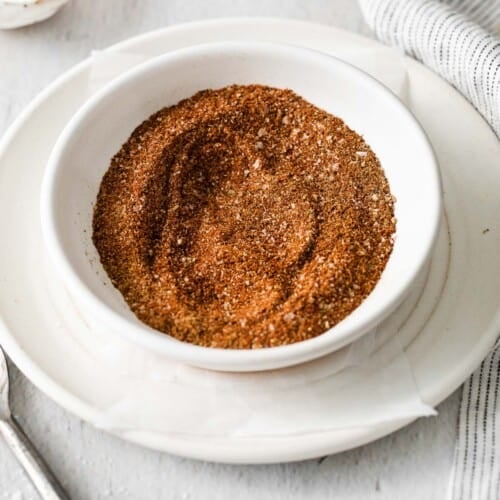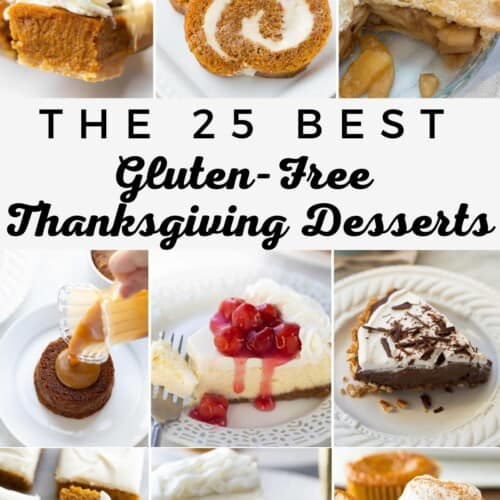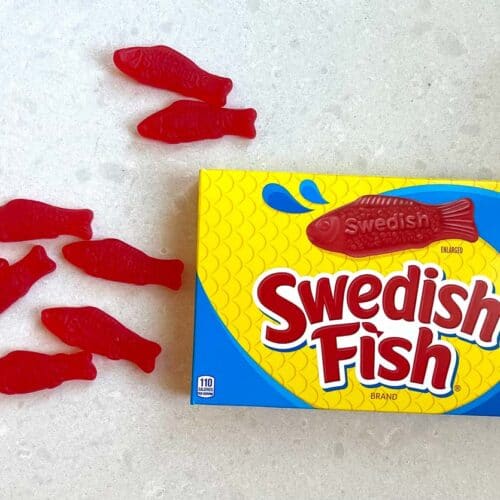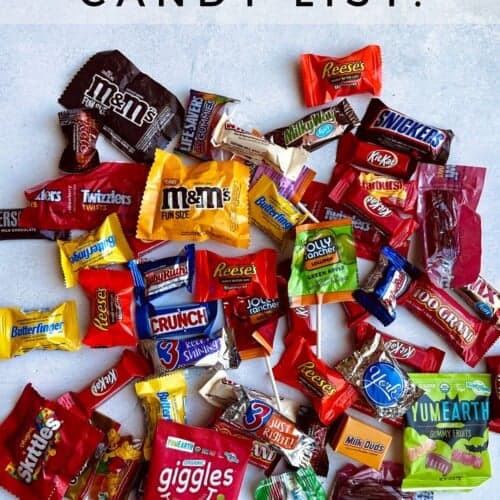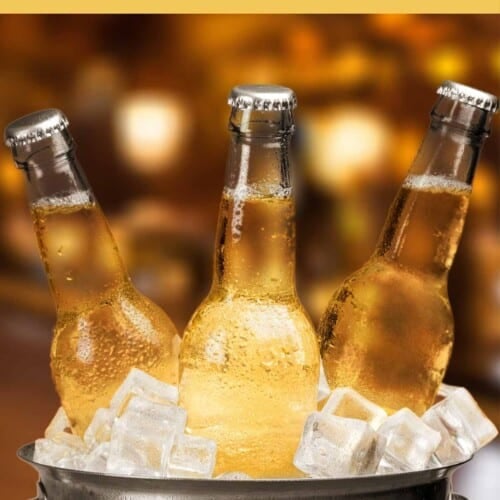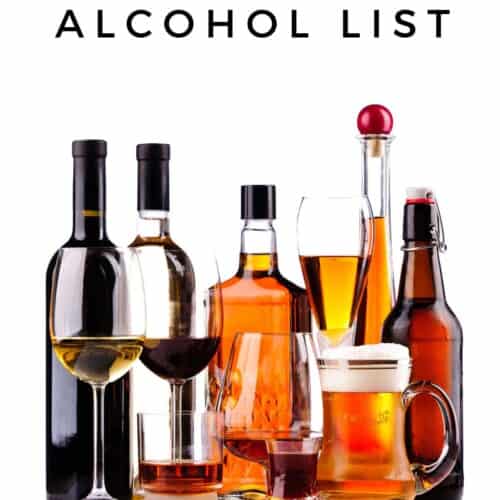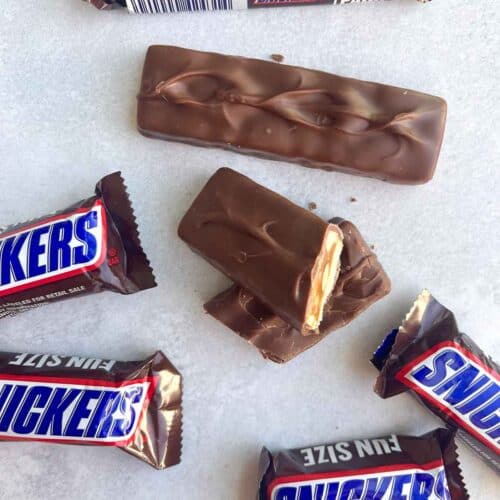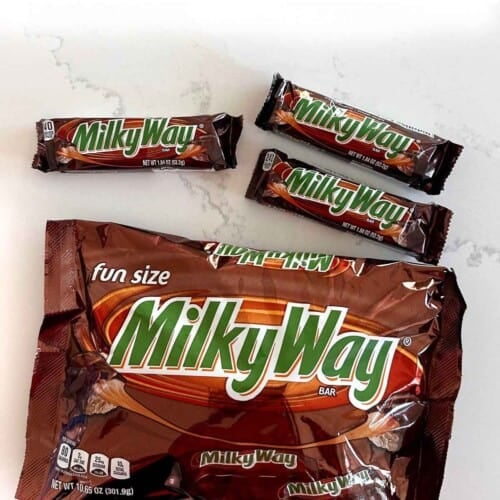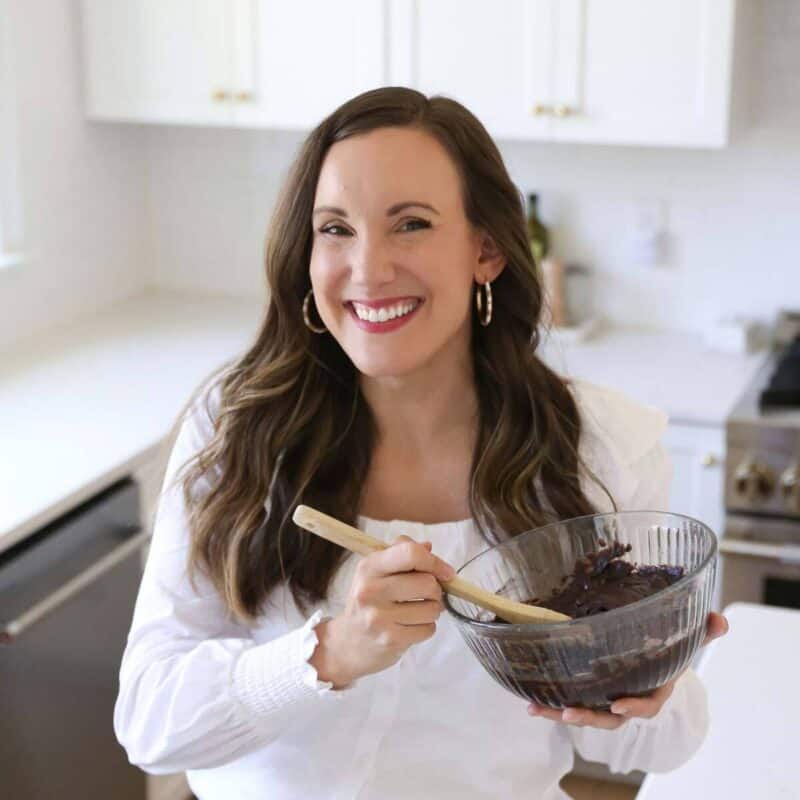Wondering if baking powder is gluten-free? You’re in the right place! Read on to find out more.
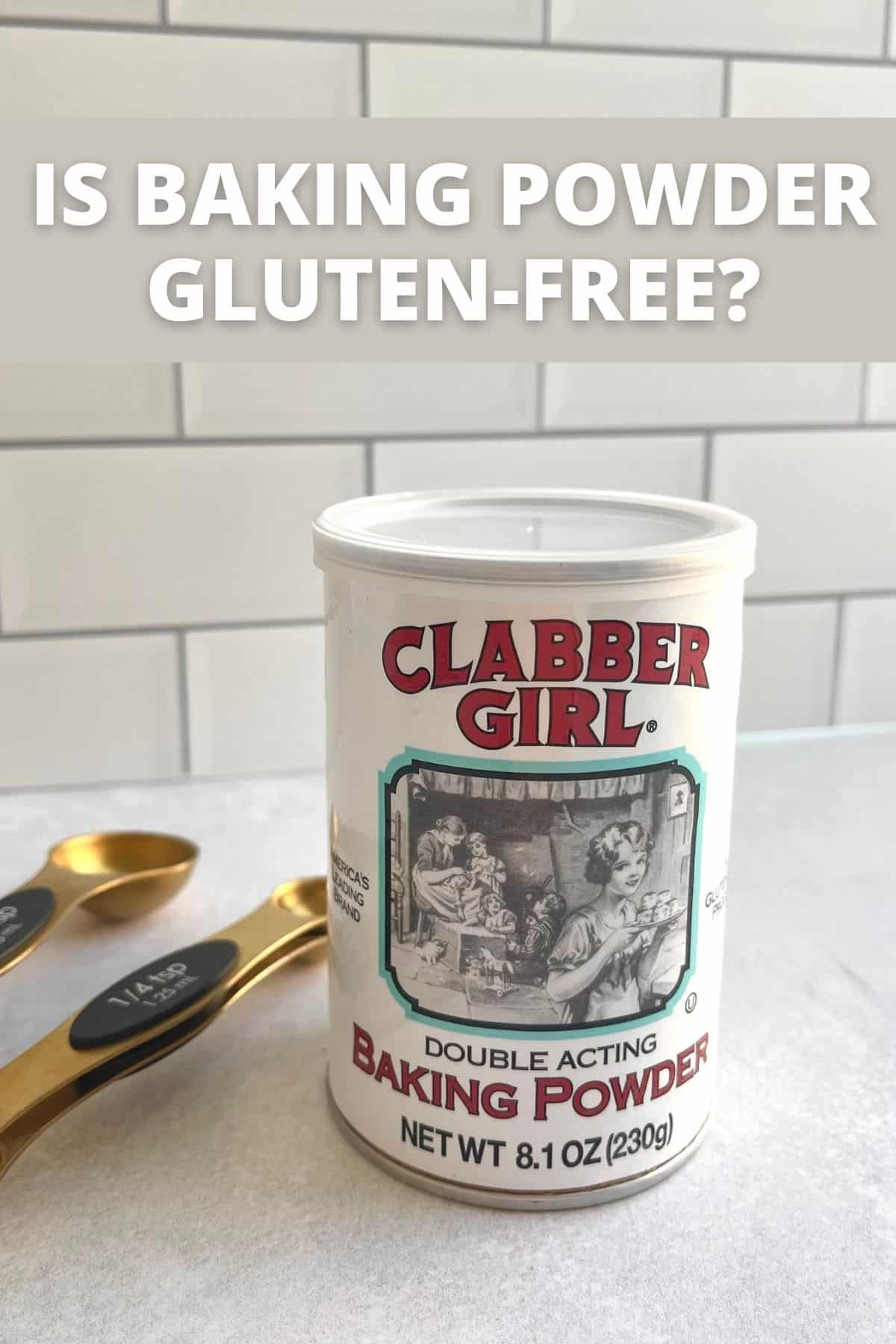
Baking powder is one of the common ingredients when it comes to baking. With a gluten-free diet, it is important to make sure there is no gluten in anything you use, so the important question is, is baking powder gluten-free?
Yes, baking powder is gluten-free, but keep reading for more information that you need to know when it comes to gluten-free baking and when it comes to a gluten-free diet.
Ingredients in Baking Powder
Baking powder is a leavening agent that can be found at any grocery store. It is a white powder that is a key ingredient in baking. Without it, your baked goods will not rise.
If baking powder is such an essential baking ingredient, what is it made of? Baking powder is a mixture of different ingredients. You will typically find baking soda, an acid (such as sodium aluminum sulfate or cream of tartar), and a starch.
An acid keeps the baking powder from reacting right away. The acid will not react until water is added. Tartar is typically the acid in baking powder.
Most baking powders use corn starch or potato starch, making baking powder gluten-free. The purpose of a starch in baking powder is to absorb any moisture to help baking soda last longer.
To make your own baking powder, you will need one part baking soda, two parts of cream of tartar, and one part cornstarch.
On your baking powder packaging, you will either see “double-acting baking powder” or “single acting baking powder.” What is the difference, you may ask?
Basically, a double-acting baking powder reacts twice, making carbon dioxide bubbles. The first time it reacts is when the baking powder is added to a liquid. The second time it reacts is when the baking powder is exposed to heat.
What determines whether a baking soda is double-acting or single acting is the acid that is in the baking soda. Single acting baking sodas use acids that only react to heat, not when a liquid is added. Double-acting are more common, mixed with baking soda, monocalcium phosphate, and sodium aluminum sulfate.
Does Baking Powder Contain Gluten?
Baking powder does not contain gluten. It only contains baking soda, cream of tartar (or another acid), and a starch. Common starches are either cornstarch or potato starch, which are both gluten-free.
Even though the ingredients in baking powder are gluten-free, there can be cross-contamination with gluten products, so it is important to verify that the baking powder you use is gluten-free. You can do this by checking the ingredient list on the back of the packaging.
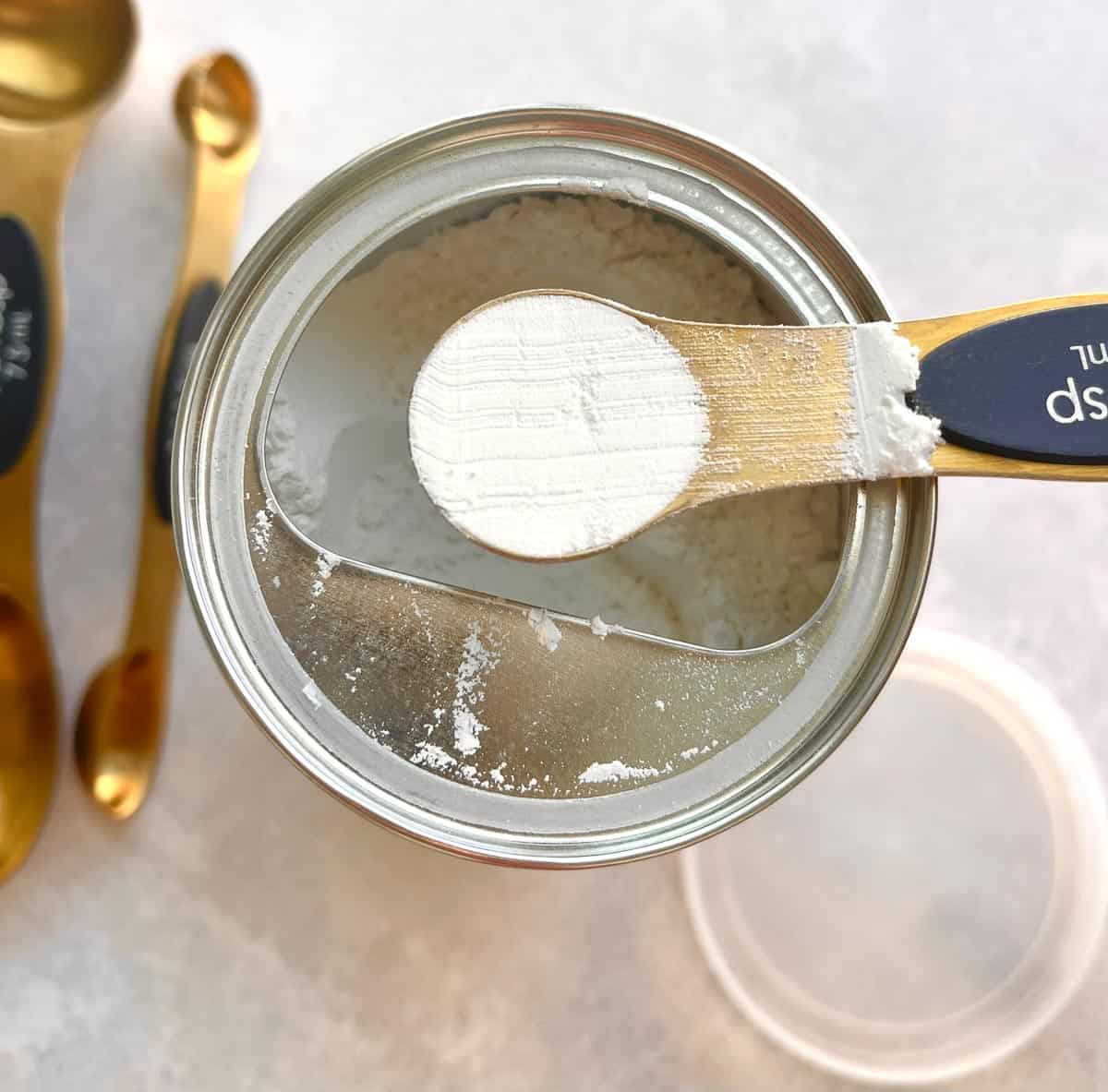
For more articles check out is buckwheat gluten-free, are snickers gluten-free, is oat milk gluten-free, are french fries gluten-free and are marshmallows gluten-free.
You also might like the articles on are macarons gluten-free, are doritos gluten-free and are grits gluten-free! Or check out this article on Chick-fil-A Gluten-Free!
Baking Powder vs. Baking Soda
The main difference between baking powder and baking soda is that baking powder already has the acid in it, whereas baking soda does not.
Baking soda is also known as sodium bicarbonate or bicarbonate of soda. It is like salt, but breaks down to sodium and bicarbonate in water, which neutralizes acid. When baking soda is combined with an acid, there is a chemical reaction creating carbon dioxide.
In baking, baking soda helps whatever you are baking rise. Without baking soda, your cakes, breads, muffins, or whatever you are baking will be flat. The carbon dioxide helps the dough rise.
You can replace baking soda for baking powder if needed. You will do 1/3 teaspoon of baking soda for every 1 teaspoon of baking powder. If you do not do this measurement and use baking soda 1:1 for baking powder, whatever you are baking will taste horrible and will not be as fluffy.
Baking soda and baking powder are used in recipes that have an acid, like brown sugar, but baking soda is not enough to help the dough rise. The combination of the two creates the perfect rise and fluffy texture.
Unopened baking powder can last in your pantry up to 18 months. Once baking powder has been opened, it will last about 6 months. It is the same for baking soda.
You can tell if baking powder has gone bad if it does not bubble when adding boiling water to it. With baking soda, if it does not bubble when you add lemon juice (or another acidic ingredient) it has gone bad.
What brand of baking powder is gluten-free?
Even though baking powder is gluten-free, it is important to make sure it says gluten-free on the labeling. If you have a gluten sensitivity or celiac disease, it is crucial to check the allergen statements before consuming. Luckily, there are plenty of baking powder brands that offer gluten-free baking powder:
- Argo Baking Powder
- Bakewell Cream
- Bob’s Red Mill Baking Powder
- Clabber Girl Baking Powder
- Davis Baking Powder
- Dr. Oetker Baking Powder
- Enger-G Baking Powder
- Fleischmann’s Double Acting Baking Powder Gluten Free
- Gefen Baking Powder
- Goldbaums Baking Powder
- Hain Pure Foods Featherweight
- Hearth Club Baking Powder
- I’m Free Perfect Gluten-Free Baking Powder
- Roots Circle Baking Powder
- Royal Baking Powder
- Rumford Baking Powder
If you do not see a gluten-free label on the front of the packaging, you will want to check the allergen listing. It will typically say, “Allergy Information” or “Contains: Wheat.” If you do not see the allergy information, read the ingredients and look for the words “wheat, rye, barley” or anything related to gluten.
Baking powder is gluten-free and is therefore okay for those with celiac disease. Not all baking powders will have a gluten-free label on the container, so it is important to check the ingredients to ensure there is no gluten to avoid gluten-containing ingredients.
Yes. Baking powder is great for baking gluten-free bread as it helps the dough rise and create a fluffy bread.
Absolutely. It is necessary to use baking powder with gluten-free flours to make sure the dough rises. Baking soda can be used instead of baking powder getting similar results, but you should combine it with buttermilk and cream of tartar.
THE BOTTOM LINE
Baking powder is gluten-free as only contains a few ingredients, which are all gluten-free. Without baking powder, dough will not rise when baking and your baked goods will fall flat. Always double check that what you are buying is gluten-free to be safe.
